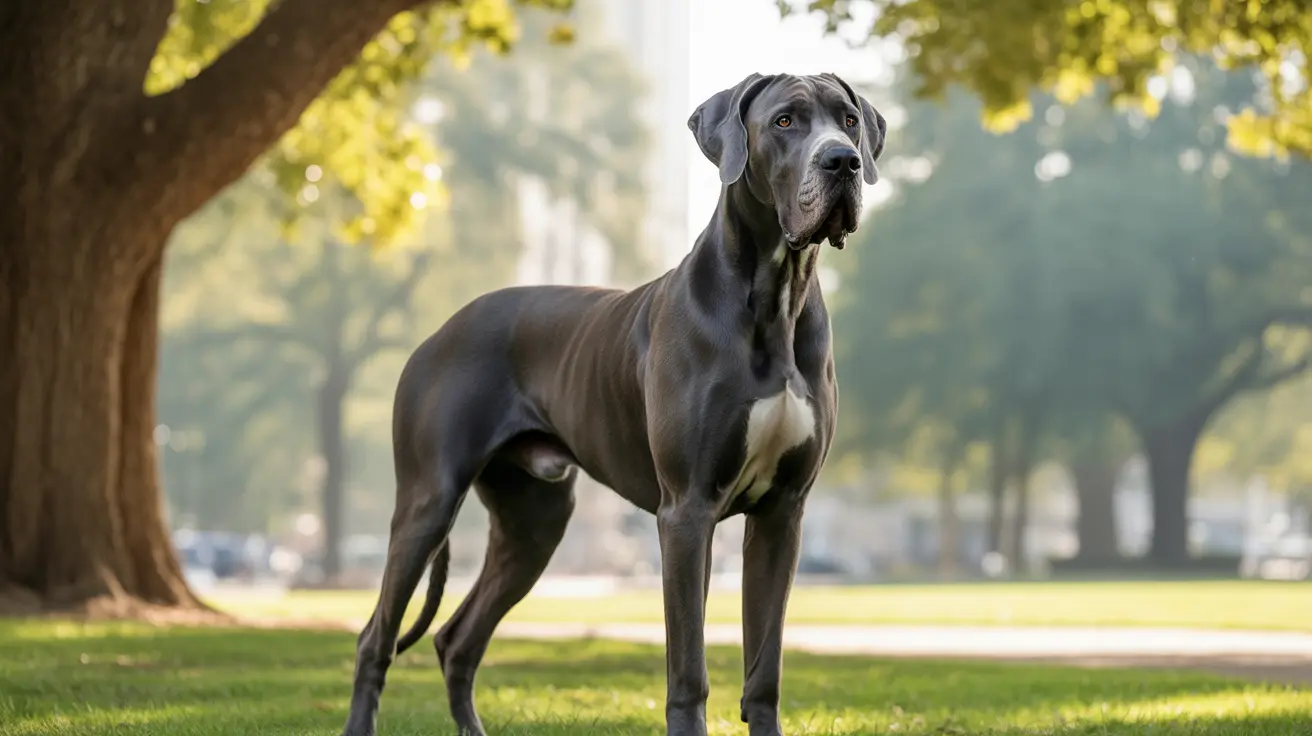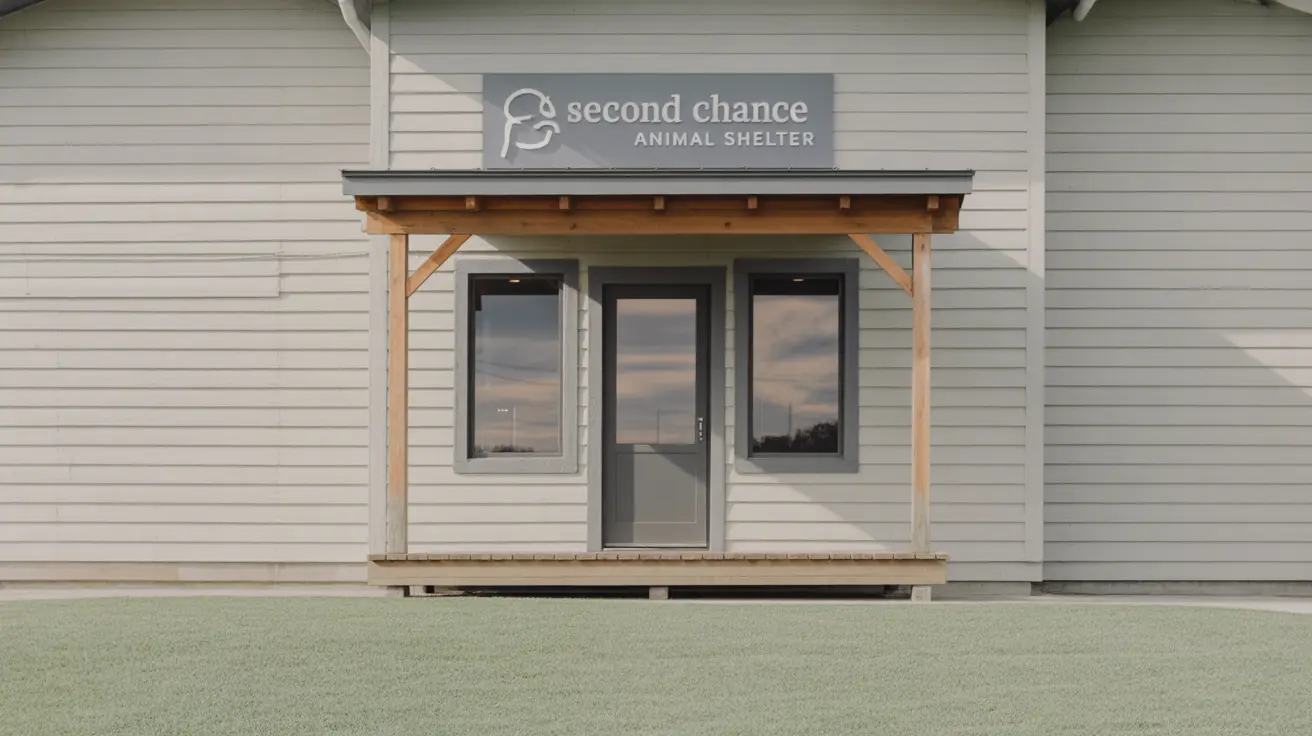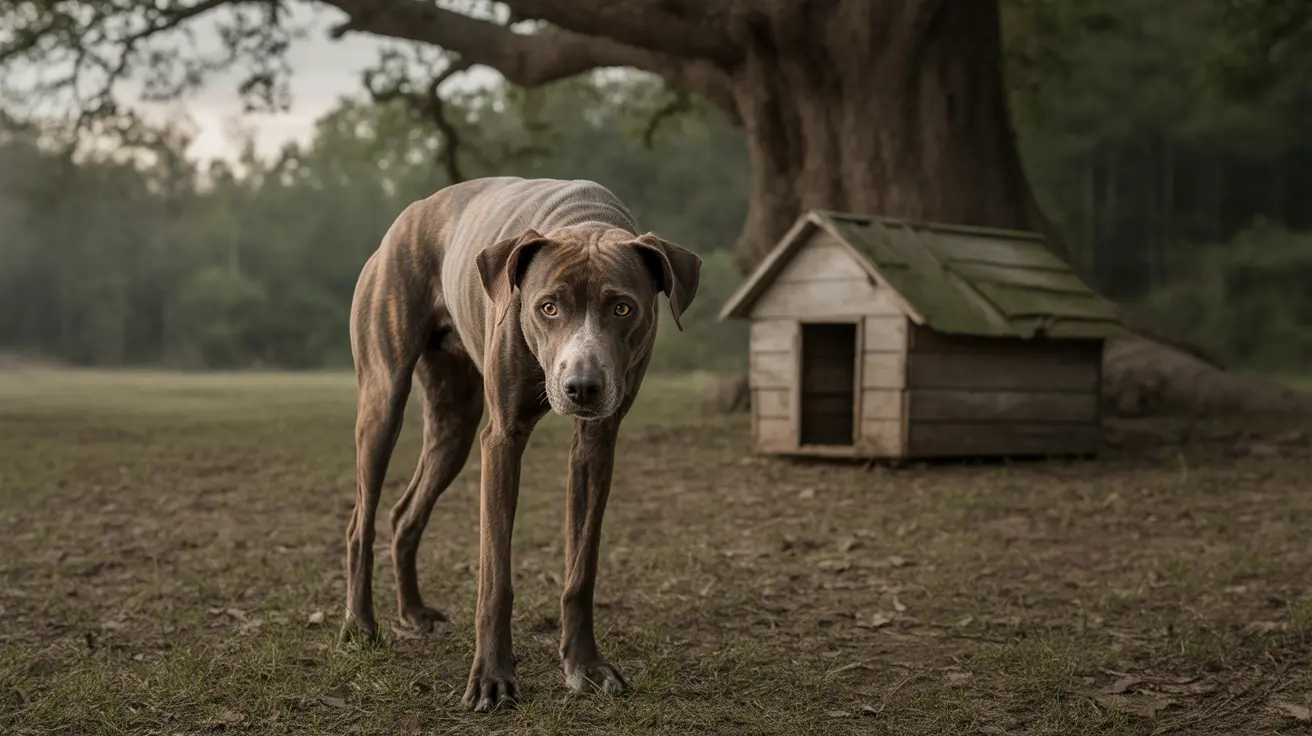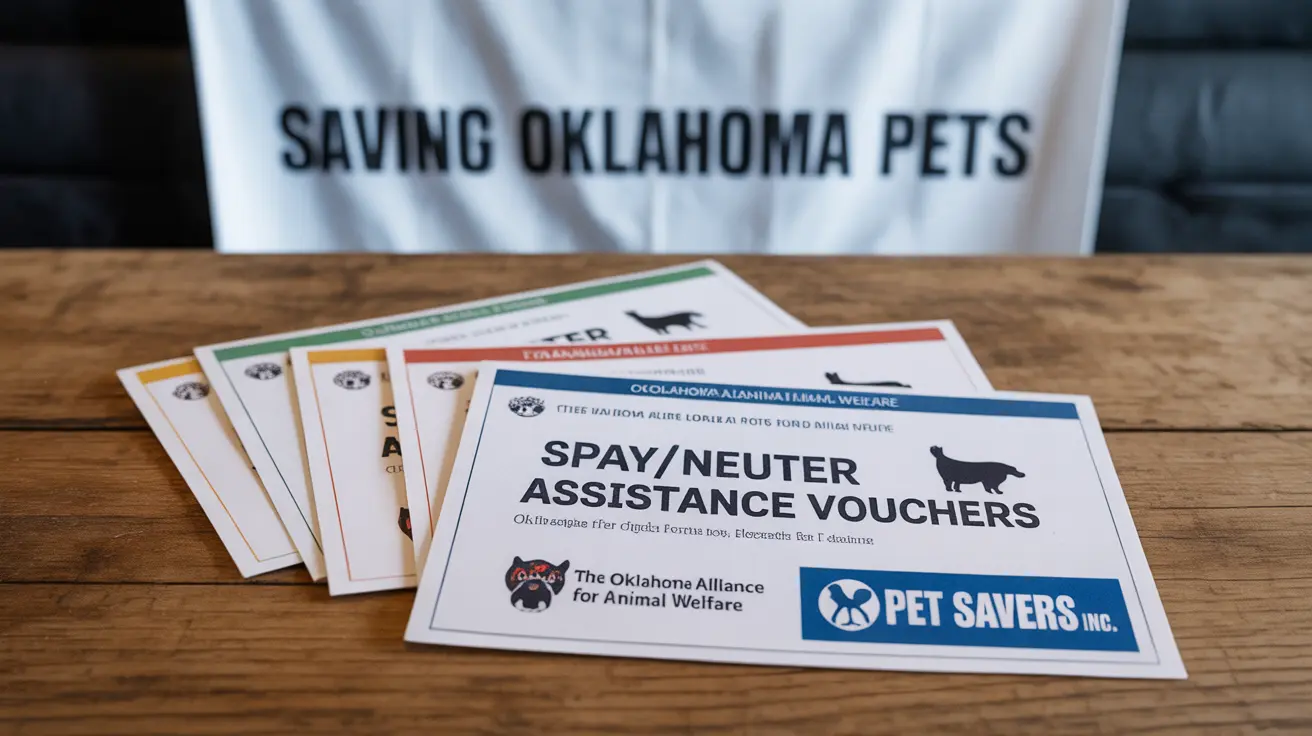For dog lovers seeking a majestic companion without intensive grooming requirements, large dog breeds with short hair offer the perfect combination of impressive presence and manageable maintenance. These remarkable breeds combine the commanding stature of large dogs with the practical advantages of shorter coats, making them increasingly popular choices for both families and individual owners.
In this comprehensive guide, we'll explore the most notable large short-haired dog breeds, their unique characteristics, and what makes them excellent companions for the right owners. Whether you're considering adding one to your family or simply wanting to learn more, we'll cover everything you need to know about these magnificent animals.
Popular Large Short-Haired Breeds and Their Characteristics
The Gentle Giants
Great Danes lead the pack when it comes to size, standing 28-34 inches tall and weighing up to 200 pounds. Despite their imposing presence, they're known for their gentle nature and relatively low exercise needs. Their short coat requires minimal grooming, making them surprisingly low-maintenance for their size.
The Athletic Guardians
Doberman Pinschers and Weimaraners represent the athletic end of the spectrum. These breeds combine sleek, short coats with impressive agility and intelligence. Dobermans stand 24-28 inches tall, while Weimaraners typically reach 22-27 inches, both featuring easily maintained coats that showcase their muscular builds.
Exercise and Activity Requirements
Most large short-haired breeds have significant exercise needs stemming from their working or hunting backgrounds. Breeds like the Weimaraner and Boxer require at least 60-90 minutes of daily activity, including both physical exercise and mental stimulation.
However, some breeds like the Great Dane are surprisingly moderate in their exercise requirements, preferring shorter bursts of activity followed by lengthy rest periods. Understanding these varying needs is crucial for potential owners.
Grooming and Maintenance
While short-haired breeds require less intensive grooming than their long-haired counterparts, they still need regular maintenance. Weekly brushing helps control shedding and maintains coat health. Most breeds benefit from:
- Regular brushing with a rubber curry brush
- Occasional baths (every 8-12 weeks)
- Nail trimming and ear cleaning as needed
Living with Large Short-Haired Dogs
Despite their size, many large short-haired breeds adapt well to various living situations, provided they receive adequate exercise and attention. They excel in roles ranging from family companions to working dogs, though they require proper training and socialization from an early age.
Health Considerations
Large short-haired breeds may face specific health challenges:
- Hip dysplasia (common in several large breeds)
- Bloat (particularly in deep-chested breeds)
- Joint issues
- Breed-specific conditions
Regular veterinary check-ups and maintaining appropriate weight are crucial for these breeds' long-term health and wellness.
Frequently Asked Questions
What are the best large dog breeds with short hair for easy grooming?
The most manageable large short-haired breeds include the Great Dane, Doberman Pinscher, and Boxer. These breeds require only weekly brushing and occasional baths, making them excellent choices for owners seeking minimal grooming requirements.
How much exercise do large short-haired dogs like Weimaraners and Boxers need?
Weimaraners and Boxers need 60-90 minutes of daily exercise, including walks, runs, and interactive play. These high-energy breeds require both physical activity and mental stimulation to stay healthy and well-behaved.
Do short-haired large dog breeds shed a lot, and how often should they be groomed?
While short-haired breeds do shed, their shedding is often more manageable than long-haired breeds. Weekly brushing and monthly baths are typically sufficient for most breeds, though seasonal shedding may require more frequent grooming.
Are short-haired large dogs like Great Danes and Dobermans suitable for families with children?
When properly trained and socialized, most large short-haired breeds can be excellent family dogs. Great Danes are known for their gentle nature with children, while Dobermans can be protective and loyal family guardians.
How do I protect short-coated large breeds like Greyhounds from cold weather?
Short-coated breeds need extra protection in cold weather. Use properly fitted dog coats or sweaters, limit outdoor time in extreme cold, and provide warm bedding indoors. Consider booties for paw protection on icy surfaces.
Choosing a large short-haired dog breed requires careful consideration of your lifestyle, living space, and ability to meet the breed's exercise and care requirements. While these breeds offer easier grooming maintenance, they still need dedicated owners committed to their health, training, and overall well-being.






